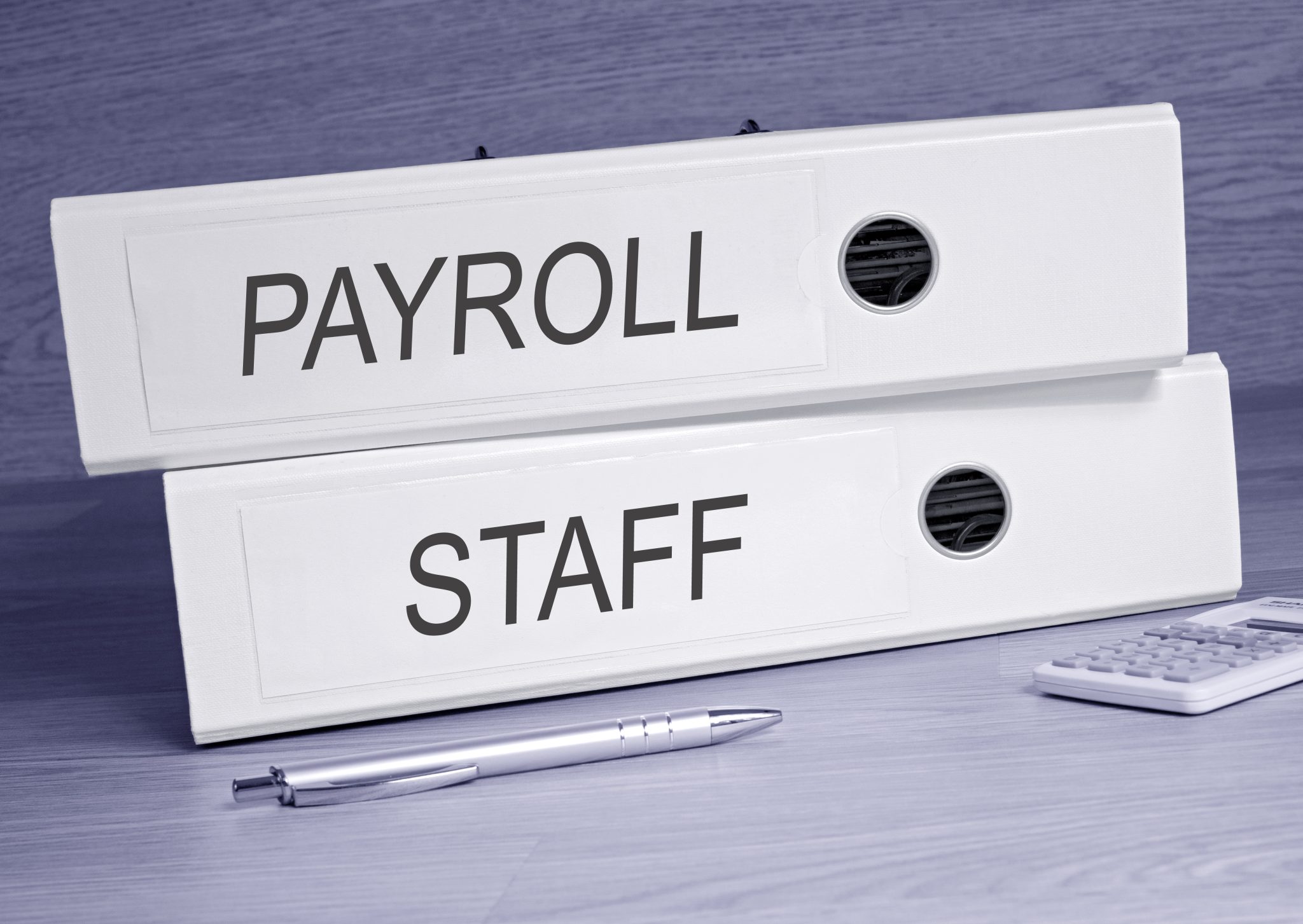There’s no contesting the fact that dentistry is a career of passion. Ask almost any doctor or hygienist, and they’ll tell you they do what they do because they love it, not for money. Yet at the end of the day, everyone has bills to pay. Timely remuneration and reliable employment benefits remain essential to job satisfaction. In this article, we delve into the fundamentals of payroll and employee benefits for dental practices so you can set up a strong, compliant system that keeps staff happy.
Table of Contents
TogglePayroll and Employee Benefits in Canada
We should preface this topic with a general overview of how payroll and employee benefits work for all businesses in Canada – to lay the foundation for industry-specific challenges and solutions dental practices need to be aware of.
Here’s the rundown:
Payroll System Overview
In Canada, employers must adhere to both federal and provincial/territorial regulations when managing payroll. The Canada Revenue Agency (CRA) oversees tax collection and distribution, while provincial authorities manage specific employment standards.
Key payroll obligations have been listed below.
Income Tax Deductions: Employers must withhold federal and provincial income taxes based on employees’ tax brackets and remit them to the CRA.
Canada Pension Plan (CPP): Both employers and employees contribute to this retirement benefit program, with matching contributions required.
Employment Insurance (EI): Employers must deduct EI premiums from employee wages and contribute 1.4 times the employee amount.
Record Keeping: Employers must maintain detailed payroll records for a minimum of six years.
Mandatory Employee Benefits
Canadian employers are legally required to provide the following benefits.
Statutory Holidays: Employees are entitled to paid time off for federal and provincial statutory holidays.
Vacation Pay: Most provinces require a minimum of two weeks paid vacation annually, increasing with tenure.
Overtime Pay: Typically 1.5 times the regular wage for hours worked beyond standard limits.
Parental Leave: Up to 18 months of job-protected leave with benefits through EI.
Workers’ Compensation: Insurance covering work-related injuries and illnesses.

Supplementary Benefits
Many Canadian employers offer additional benefits to remain competitive, including the following.
Extended Health Insurance: Covering prescription drugs, vision care, dental, and paramedical services not included in provincial healthcare.
Group Retirement Savings Plans: RRSP matching programs or pension plans beyond the CPP.
Disability Insurance: Short and long-term coverage for non-work-related disabilities.
Employee Assistance Programs: Confidential counseling and support services.
Professional Development: Education subsidies and training opportunities.
Regional Considerations
There are regional nuances to note between provinces and territories. For instance, minimum wage rates vary significantly, from $14.50 per hour in Saskatchewan to $16.65 in British Columbia, with Nunavut setting its rate at $16.00. Statutory holidays also differ by region, with Quebec observing St. Jean Baptiste Day on June 24 and Newfoundland celebrating Regatta Day on the first Wednesday in August. Several provinces recognize Family Day, but on different dates – the third Monday in February for Alberta, British Columbia, and Saskatchewan, while New Brunswick observes it in March.
Payroll and Employee Benefits for Dental Practices
The essentials summarized above get more complicated when industry-unique regulations come into play. Payroll and employee benefits for dental practices specifically involve additional considerations due to the healthcare nature of the business. Dental practices must navigate professional liability insurance requirements, infection control protocols that affect compensation structures, and often complex arrangements for associate dentists who may be classified as independent contractors rather than employees.
Regional considerations become even more relevant because Canadian provinces have their own health premium structures. British Columbia, for example, collects a Medical Services Plan employer health tax, while Quebec requires contributions to its Health Services Fund and Ontario issues an Employer Health Tax based on total annual remuneration.
Overtime regulations also vary; in most provinces, overtime begins after 44 weekly hours, but British Columbia and Saskatchewan set the threshold at 40 hours, with additional daily overtime requirements in provinces like Alberta.
Expectations for Employee Benefits
It’s also worth recognizing how professionals in the dental industry – highly trained, sought-after specialists – expect to be compensated. Beyond regular pay, it can be worthwhile for businesses to offer comprehensive benefits packages, enhanced health and dental coverage, flexible scheduling options, continuing education allowances, professional association membership reimbursements, and performance-based incentives.
Many practices offer retirement savings plans with employer matching contributions, paid professional development days, and liability insurance coverage to attract the very best. Investing in benefits not only improves recruitment and retention but can also enhance practice productivity and patient care quality.

Payroll and Employee Benefits for Dental Practices, Decomplexified
By this point, it should be more than clear that payroll and employee benefits for dental practices are complicated. Even with a background in accounting, the ongoing responsibilities prove a serious drain for business owners. Preserve your precious time and expertise by partnering with Dental Tax. We simplify financial management for busy practices big and small. There’s nothing more peace of mind-inducing than knowing experts are at the helm. Ours will be happy to discuss the possibilities with you during a free consultation. Book today.
Adam has an MBA from the Richard Ivey School of Business in London and also holds a Chartered Investment Manager designation.
- Financial Metrics Every Dental Practice Should Track - December 22, 2025
- Buying vs. Starting a Dental Practice: Financial Comparison - December 11, 2025
- Year-End Tax Planning for Dental Practices: 10-Week Countdown Guide - November 27, 2025




